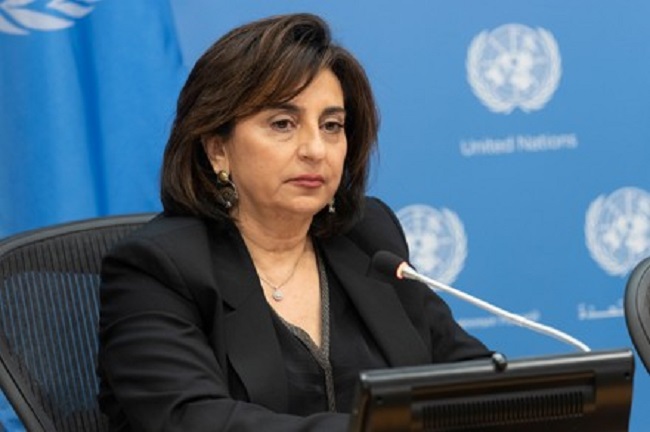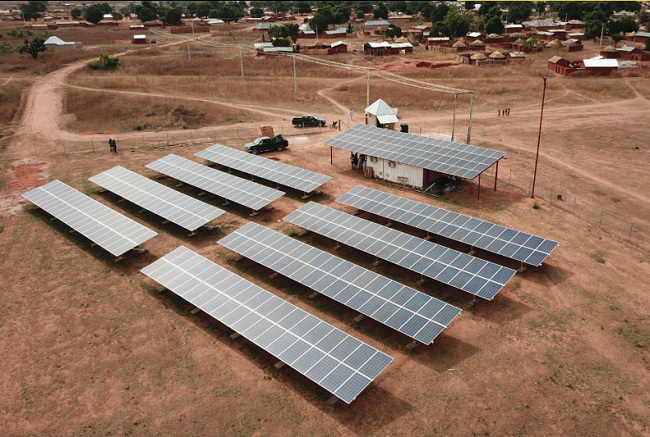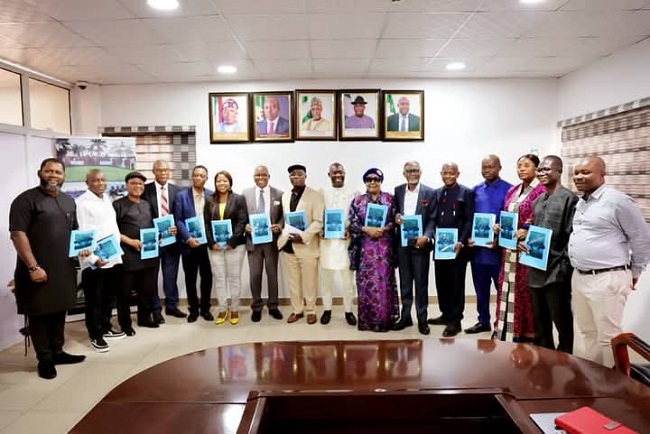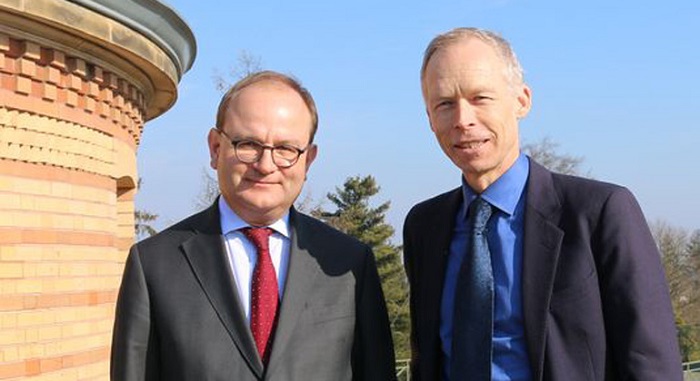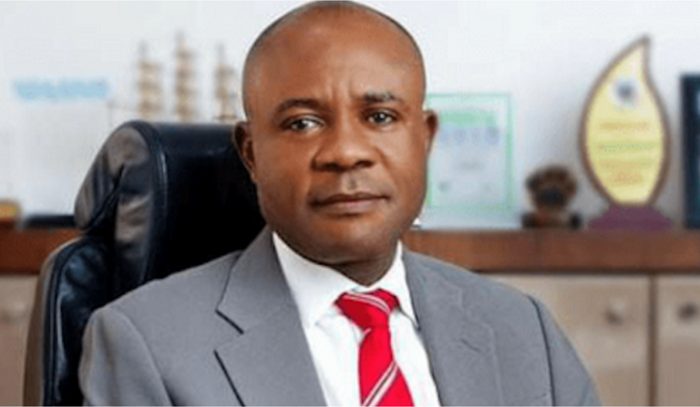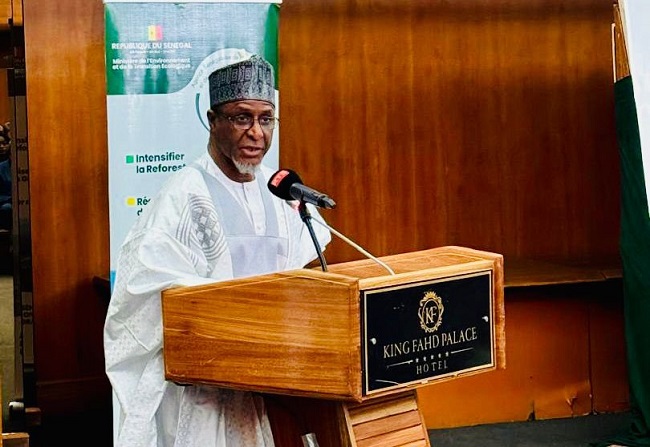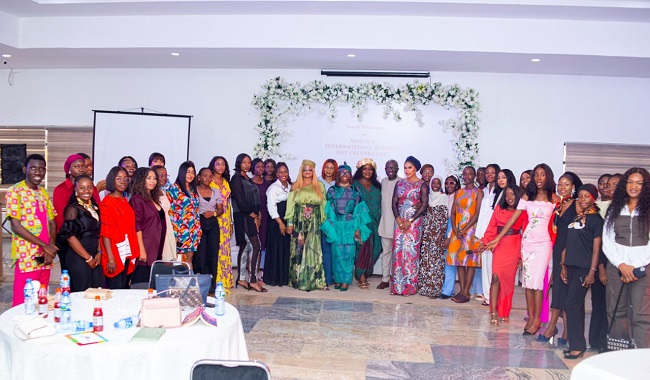In the wake of climate change-driven impacts, including the devastating wildfires in Los Angeles (host city of the 2028 Olympic Games), more than 400 Olympians from over 50 different sports have come together to urge the incoming President to make the care of the planet their number one priority.

With International Olympic Committee (IOC) Members gathering in Costa Navarino, Greece, to vote on the seven candidates from March 18 to 21, 2025, the letter underscores the pressing reality of climate change, stating that its impacts are “no longer a distant threat, but a current and growing harm to the sports we love and to the countries that make up our Olympic family”.
In the historic appeal, over 125 Olympic flag bearers have lent their voices to the letter, including many from some of the world’s most climate-vulnerable nations: Argentina, Aruba, the Bahamas, Cabo Verde, Colombia, Cook Islands, Eswatini, Fiji, Ghana, India, Kenya, Laos, the Marshall Islands, Nepal, Nigeria, Pakistan, Peru, Sierra Leone and Zambia.
Recognising that extreme weather events are already disrupting the Summer and Winter Olympics, and impacting athlete performance and safety, the letter requests decisive action to ensure the Games remain accessible and safe for future generations.
The letter calls for a strengthening of the IOC’s existing commitments to cut carbon emissions, championing sustainability in Host Cities, setting an agreed standard around polluting sponsors, and using the IOC’s platform to advocate for environmental action. Paris 2024 successfully halved the carbon footprint of previous Games, but it is understood that the LA 2028 host committee is yet to confirm its climate related targets.
The letter was spearheaded by British Olympians, including Double Olympic Champion sailor and IOC Sustainability Ambassador Hannah Mills OBE, who emphasised the significance of this moment.
Mills said: “I’m not sure we’ve ever seen so many athletes from around the world speak with one voice. The terrible LA wildfires couldn’t have been clearer: the time is now to set a course for a safe, bright future. As a sailor and a mum, this hits close to home. The Olympics has held and fulfilled the dreams of so many over its history. But I can’t have any bigger dream than a future in which my children can thrive.”
Collectively, the signatories – who hold over 245 medals between them, 90 of them Gold – have requested an early meeting with the incoming President to discuss how the Olympic movement can further strengthen their leadership in tackling the climate crisis.
As the world’s most iconic sporting event, the Olympic Games have long been a symbol of unity and perseverance. Now, Olympians are using their platform to ensure that future generations can continue to chase their dreams – on a planet that can sustain them.
Thorsten Margis, Quadruple Olympic Champion (Bobsleigh, Germany), says: “In bobsleigh, every fraction of a second counts – you have to push with full power from the start, work as a team, and give every effort into reaching the finish line. Climate action and strong leadership from the IOC are no different: we need bold teamwork and a clear path forward to protect our planet – and with it, the future of the Olympic Games. If we wait too long or lose focus, we risk crashing into consequences we can’t undo.”
Saina Nehwal, Former World Champion and Olympic Medallist (Badminton, India), says:“As athletes, we push ourselves to be the best, but we also need to push for a better, healthier planet. The solidarity amongst athletes this letter shows is amazing, and makes clear that the next IOC President must prioritize sustainability to protect the environments where we train, compete, and live.”
Matt Wearn, Double Olympic Champion and flag bearer at the Paris 2024 Games (Sailing, Australia), says: “Sailors know that you can’t control the wind, but you can adjust your course. Climate change is already reshaping our oceans, weather patterns, and the sports we love – but just talking about the problem isn’t going to sort it. We need real action. The next IOC President has a responsibility to lead from the front, steering the Olympic Movement toward meaningful solutions that protect our planet for future generations.”
Ferdinand Omanyala, African 100m record holder and Kenya’s flag bearer at the Paris 2024 Games, says: “A healthy environment is essential—not just for athletes, but for everyone. Here in Kenya and around the world, we’re already experiencing the harsh realities of climate change, from extreme weather to rising temperatures. We can’t afford to wait. Protecting our planet must be a top priority so that both athletes and communities can thrive in a cleaner, more sustainable world.”
Adam van Koeverden MP, Olympic Champion, quadruple Olympic Medallist and flag bearer for Canada at the Beijing 2008 Games: “This letter from over 340 Olympians across the world couldn’t be clearer: the next IOC President must make climate action their top priority. Athletes see firsthand how environmental changes affect our sports, and increasingly our countries too. We need bold leadership that safeguards both the future of the Games and the well-being of communities worldwide.”
Elana Meyers Taylor, USA, Five-Time Olympic Medallist in Bobsleigh and flag bearer at Beijing 2022 Games: “As a winter Olympian and a mother of two, I feel so strongly that the next IOC President must prioritize care for the planet, ensuring that the sports we love – and the winter landscapes that make them possible – are preserved. We need leadership that champions real solutions, not just for the Games, but for the world our children will inherit.”
Miguel Tudela, Pro Surfer and Peru’s flag bearer at the Tokyo 2020 Games, says: “The best surfer looks for the biggest wave. That’s what protecting the planet is: it’s the biggest challenge this President will face, but it’s the one we have to face if we want the joy of sport to continue, and the wellbeing of communities more generally.”
Brooke Raboutou, two-time Olympian and Silver Medallist at Paris 2024 Games (Sport Climbing, USA),says: “The Olympics are powerful because they bring athletes and fans from around the world together. This is another moment to stand side by side, and a vital one.
“As athletes we see firsthand how our environment impacts performance and well-being. Future generations deserve the chance to compete, train and thrive in a healthy world so it’s essential that the next IOC President prioritizes actions that protect that future for us all.”
Tilali Scanlan, flag bearer at the Tokyo 2020 Games (Swimming, American Samoa), says: “I’ve learned that achieving our dreams requires dedication and a deep respect for the world around us. We need to cherish this planet that we have.
“The Olympic Movement has an opportunity to lead by example, and no-one has more responsibility for that than the incoming President. There is no greater sporting dream than a safe, healthy future for all – no race that is more important for us to win.”

